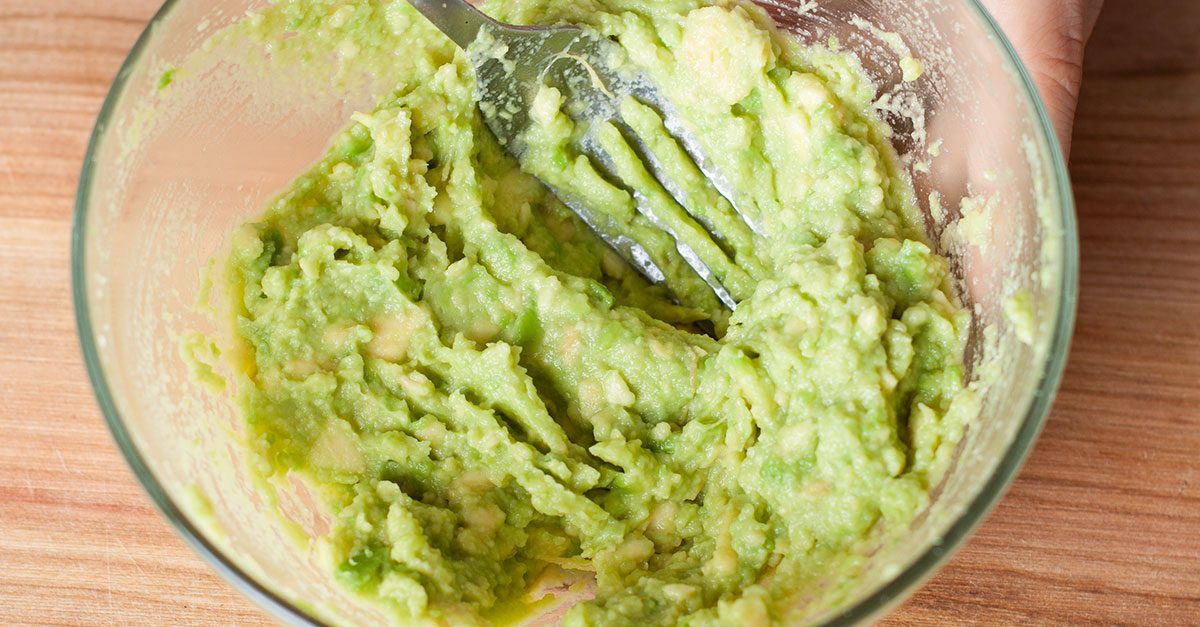11 Foods That Beat Fatigue
It’s best to eat several smaller meals throughout the day to avoid this overload and keep your body regularly supplied with fuel.
;Resize,width=742;)
As we rely on food to run our bodies, it makes sense to feed it the best possible food you can to maximize our energy and ward off fatigue.
What time you eat can also affect your energy levels. Ever feel sluggish and tired after a large lunch or dinner? Your body is using energy to digest the large amount of food instead of using it to power your body and brain.
It’s best to eat several smaller meals throughout the day to avoid this overload and keep your body regularly supplied with fuel.
Here’s 11 foods that will give you an energy boost:
1. Unprocessed Foods

A takeout is tasty and comforting while you’re eating it, but it doesn’t have a lot of nutrition. Processed foods, candy, precooked meats, and boxed meals are usually full of preservatives, additives, salt, trans fats and artificial ingredients that can slow you up.
Eat foods that are processed as little as possible, such as whole grains or legumes.
2. Fresh, Seasonal Fruits and Veggies
Fresh foods usually contain far higher nutrient levels than processed foods, which are usually stripped of nutrients so they can have a longer shelf-life.
When you eat fresh, in-season fruits and vegetables, they have ripened naturally.
3. Non-Caffeinated Drinks

Caffeine gives you a short-term energy boost, but it doesn’t actually give you energy from nutrition. If you really like caffeine, then take black coffee or unsweetened tea. Sodas and energy drinks can be full of refined sugars and other additives that can make you feel more tired in the long run.
4. Lean Meats, Poultry and Fish
Lean meats that aren’t marbled with fat, along with chicken, turkey, and fish, will give you good-quality protein without the added saturated fat. Salmon and tuna are high in omega-3 fatty acids, which are beneficial.
5. Whole Grains and Complex Carbohydrates

Refined carbs like white flour, white sugar and white rice don’t contain many nutrients. Eat whole grain foods like brown rice, quinoa, buckwheat etc., and wholegrain breads that are complex carbohydrates.
6. Seeds and Nuts
These are some of the best foods for energy and keeping hunger at bay. Eat almonds, Brazil nuts, cashews, walnuts, hazelnuts, pecans, sunflowers seeds and pumpkin seeds. Go for the raw, unsalted versions if possible, and enjoy as an ideal afternoon snack.
7. Water

You need to drink plenty of water for your body to function properly. Water doesn’t provide calories for energy, but it does help in the process of producing energy in the body.
Sip water all day long, and try to drink less soda, coffee, and other drinks that can sap your energy.
8. Vitamins and Supplements
You may want to take a daily vitamin or nutritional supplement if you feel you’re not getting everything you need from your diet. Talk to your doctor about any nutritional supplements you may be considering taking.
9. Bananas

Bananas have been compared to carbohydrate sports drinks in a study on cyclists who needed sustained energy for long rides. The study found that bananas gave as much fuel to they cyclists as energy drinks.
Bananas are full of potassium, fiber, vitamins, and carbohydrates that give you natural energy.
10. Oats
Oats are full of fiber, and are good for keeping blood sugar stable when other breakfast cereals may make them spike.
Choose plain versions of oatmeal that aren’t filled with extra sugar. You can add milk, honey, and some mixed berries to it for a great breakfast that will give you energy to last until lunch.
11. Chia Seeds

Chia seeds are a great source of energy due to their carb content and fiber. Two tablespoons of chia seeds provide 24 grams carbs, and 4,800 grams of omega-3’s which are anti-inflammatory.
Sprinkle a few tablespoons of chia seeds on in your smoothie or adding some to a yogurt snack may give you enough energy to keep fatigue away while you go about your daily routine.
;Resize,width=767;)
;Resize,width=712;)
;Resize,width=712;)

